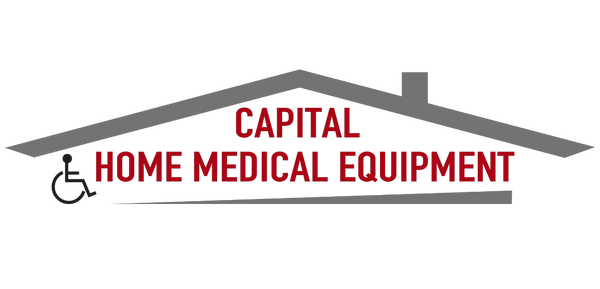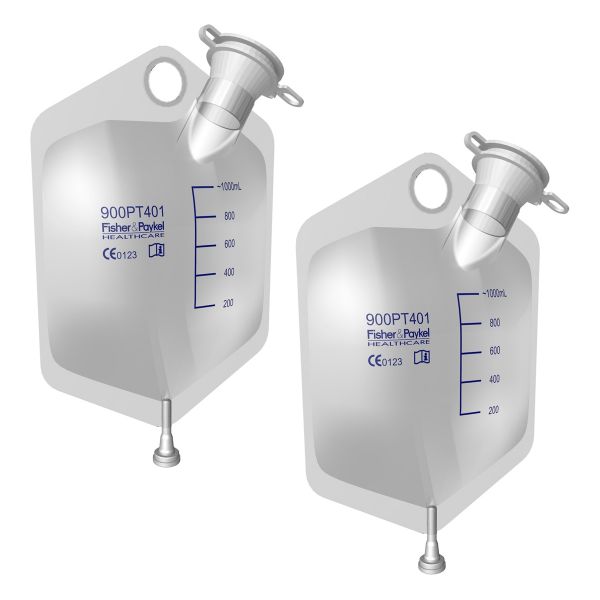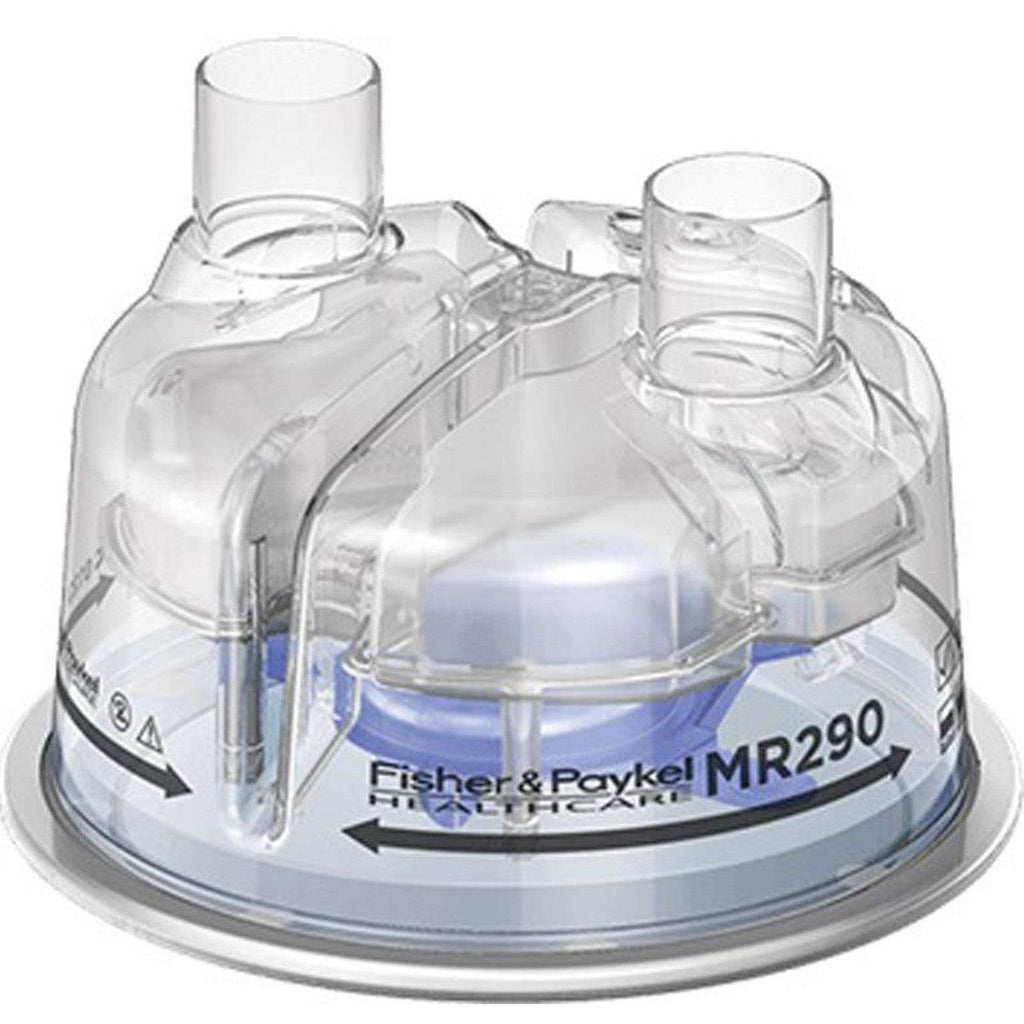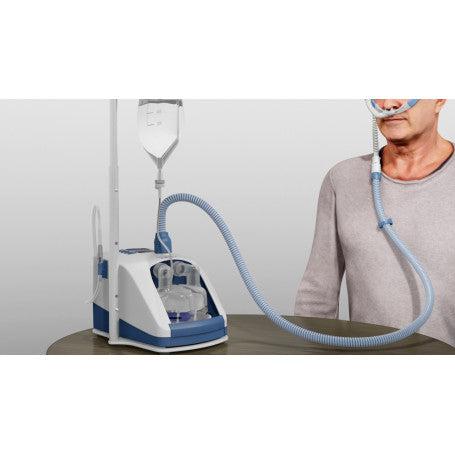Asthma & COPD Care
COPD stands for
Obstructive
Pulmonary
Disease
What is COPD?
COPD is a chronic pulmonary inflammatory illness that needs to be taken seriously for proper management and better quality of life. Although there is no cure for COPD, pulmonary treatment and management can go a very long way in improving overall health.
With COPD, the airways in your lungs become inflamed and thickened, and the tissue where oxygen is exchanged, the alveoli and respiratory bronchioles, are destroyed. Due to the reduction of flow of air in and out of your lungs, less oxygen gets into the tissues of your body leading to increased difficulty in getting rid of carbon dioxide, a metabolic-waste byproduct. As the disease gets worse, shortness of breath makes it harder to remain active causing a vicious cycle between muscle atrophy and decreasing quality of life.
Sometimes referred to as either chronic bronchitis or emphysema, most people will have symptoms of both conditions, so health professionals prefer to call the disease COPD. However, some doctors think that chronic bronchitis may be present even though a person does not have the airway obstruction characteristic of COPD. Your doctor can explain your condition and the best way to treat it.
While many cases of COPD can be prevented and treated, some conditions are hereditary such as alpha-1 deficiency.
How Serious is COPD?
COPD is the third leading cause of death by disease in the United States. More than 16.4 million people have been diagnosed with COPD, but millions more may have the disease without even knowing it. The number of COPD cases is growing still without a cure and leading to premature disability.
What demographic is most affected?
Deaths resulting from COPD in women are higher than in men.
There are a few reasons why this happens.
The tobacco industry heavily targeted women In the late 1960s. Naturally, we saw a spike in women smokers and now seeing a resulting increase in new cases of smoking-related diseases, including COPD, as women age.
What Causes COPD?
Over time, exposure to irritants that damage your lungs and airways can cause chronic obstructive pulmonary disease (COPD), which includes chronic bronchitis and emphysema. The main cause of COPD is smoking, but nonsmokers can get COPD too.
Smoking
Environment
Alpha-1 Deficiency

COPD Risk Factors
Smoking is the biggest risk factor for chronic obstructive pulmonary disease (COPD), which includes chronic bronchitis and emphysema. It increases your risk of both developing and dying from COPD. Approximately 85 to 90 percent of COPD cases are caused by smoking. Female smokers are nearly 13 times as likely to die from COPD as women who have never smoked; male smokers are nearly 12 times as likely to die from COPD as men who have never smoked.
Recognizing the initial symptoms of COPD can be very hard for many individuals until the later stages of the disease. Sometimes people think they are short of breath or less able to go about their normal activities because they are "just getting older" or are “unfit”. Shortness of breath can be an important symptom of lung disease. Here is a list of COPD symptoms. If you experience any of these symptoms or think you might be at risk for COPD, it is important to discuss this with your doctor for a Pulmonary Functions Test for early treatment and management of the illness.
Chronic cough
Shortness of breath while doing everyday activities (dyspnea)
Frequent respiratory infections
Blueness of the lips or fingernail beds (cyanosis)
Fatigue
Producing a lot of mucus (also called phlegm or sputum)
Wheezing
Remember: Procrastinating and waiting for worsening symptoms directly affects valuable treatment time that could be lost. Early detection of COPD is key to successful treatment.
Diagnosing COPD
In order to diagnose chronic obstructive pulmonary disease, the process involves a thorough pulmonary functions examination testing and cardiovascular evaluation, symptoms, and medical history.
Health History
Your doctor will want to know if you:
- Smoke or have a history of smoking.
- Are exposed to secondhand smoke, air pollution, chemicals, or dust.
- Have symptoms such as shortness of breath, chronic cough, or lots of mucus.
- Have family members who have had COPD.
Testing for COPD
Spirometry, Plethysmography, and Diffusion Lung Capacity Test: If you are at risk for COPD or have symptoms of COPD, you should be tested through a full pulmonary functions test. The test usually involves 3-4 tests.
Spirometry
Is a simple test, yet very forceful test, of how well your lungs work. For this test, you blow air into a mouthpiece and tubing attached to a small machine. The machine measures the amount of air you blow out and how fast you can blow it.
Plethysmography
This enclosed test involves breathing and panting through a mouthpiece in an enclosed chamber where the resistance of your airways are calculated. The more resistance there is, the more obstructions are present.
Diffusion Lung Capacity Test
A simple test where we assess the rate of diffusion of small amounts of Carbon Monoxide (CO) through the lungs. Because CO is 200x more easily absorbed than Oxygen to the red blood cells, we are able to rapidly determine how effective your lungs are diffusing gasses in general to your vasculature.
Other Tests
Your doctor may also want you to have a chest X-ray and/or other tests, such as an arterial blood gas (ABG) test, which measures the oxygen level in your blood. This test can show how well your lungs are able to move oxygen into your blood and remove carbon dioxide from your blood.
Treating COPD
Once diagnosed with chronic obstructive pulmonary disease, which includes chronic bronchitis and emphysema, it is common to have questions and the answers may not be as clear as you’d like at first. Much like many other illnesses such as sleep apnea, symptoms differ from patient to patient and not always the same. Furthermore, the treatment and medications can be ery different from person to person. It is important to talk to your doctor and therapist about your treatment options and to get answers to all of your questions.
MyAirVo2
MyAirvo2 is a revolutionary therapy for management of lung diseases such as COPD, Cystic Fibrosis, Interstitial lung disease (ILD), Bronchiectasis and provides excellent Tracheostomy care.
KEY FACTS
- Improves Mucous Secretion
- Provides 100% Relative Humidity
- Adult & Pediatric oriented care
- Quieter and Easier to use than CPAP
- Decrease Hospitalizations
- Increase Quality of Life
- 5 year service with Therapy Guaranteed.
Pulmonary Rehabilitation
If you or someone you love suffers from a chronic lung disease like COPD, there is hope for rebuilding strength and enjoying a fuller, more active life. Pulmonary rehabilitation programs typically combine education, exercise training, nutrition advice and counseling.
Source: The American Lung Association
Incentive Spirometry

Aerobika (Oscillating Positive Expiratory Pressure)

CPAP/BiPAP

Supplemental Oxygen

KANATA
BARRHAVEN
DOWNTOWN
DOWNTOWN








